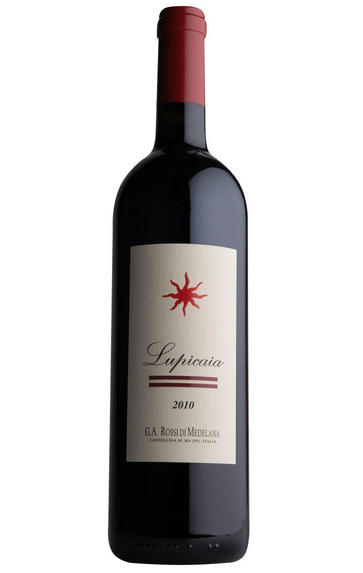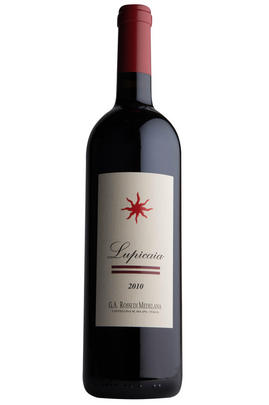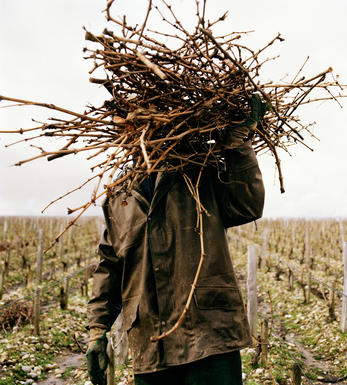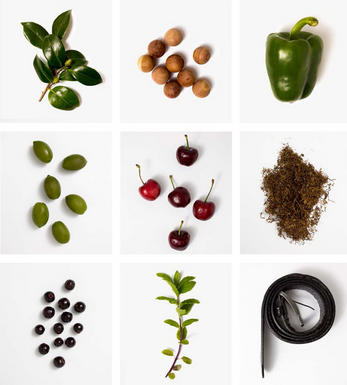
2010 Lupicaia, Castello del Terriccio, G. A. Rossi di Medelana, Tuscany, Italy

Critics reviews
Monica Larner - 31/05/2019
About this WINE

Castello del Terriccio

Cabernet Sauvignon Blend
Cabernet Sauvignon lends itself particularly well in blends with Merlot. This is actually the archetypal Bordeaux blend, though in different proportions in the sub-regions and sometimes topped up with Cabernet Franc, Malbec, and Petit Verdot.
In the Médoc and Graves the percentage of Cabernet Sauvignon in the blend can range from 95% (Mouton-Rothschild) to as low as 40%. It is particularly suited to the dry, warm, free- draining, gravel-rich soils and is responsible for the redolent cassis characteristics as well as the depth of colour, tannic structure and pronounced acidity of Médoc wines. However 100% Cabernet Sauvignon wines can be slightly hollow-tasting in the middle palate and Merlot with its generous, fleshy fruit flavours acts as a perfect foil by filling in this cavity.
In St-Emilion and Pomerol, the blends are Merlot dominated as Cabernet Sauvignon can struggle to ripen there - when it is included, it adds structure and body to the wine. Sassicaia is the most famous Bordeaux blend in Italy and has spawned many imitations, whereby the blend is now firmly established in the New World and particularly in California and Australia.


Buying options
Add to wishlist
Description
What a pleasure it is to taste the 2010 Lupicaia. Fresh and brilliant on the palate, the 2010 boasts superb energy and precision throughout. Rose petal, mint and succulent red-fleshed fruit are all beautifully delineated. The flavors remain quite youthful and vibrant, with little in the way of aromatic nuance. Readers will have to be patient, but there is little doubt the 2010 is a stellar wine with considerable potential. With time in the glass, the 2010 becomes richer, darker and more powerful, hinting at what lies ahead.
Antonio Galloni (autumn 2015)
wine at a glance
Delivery and quality guarantee